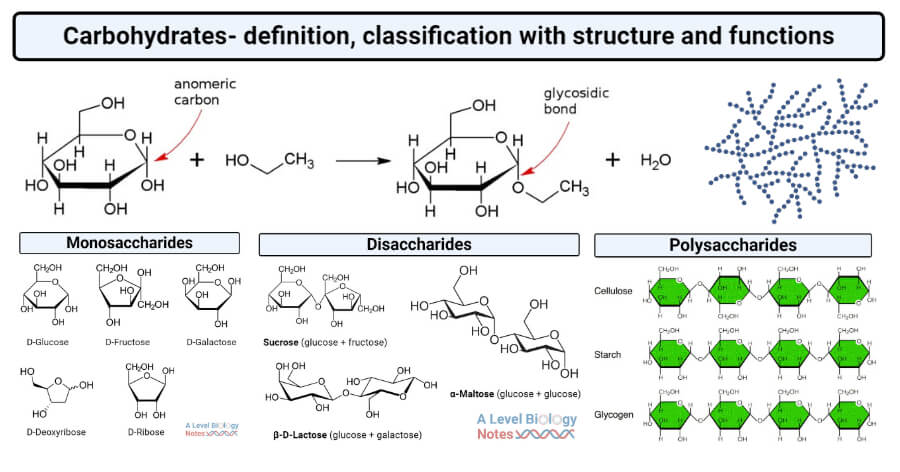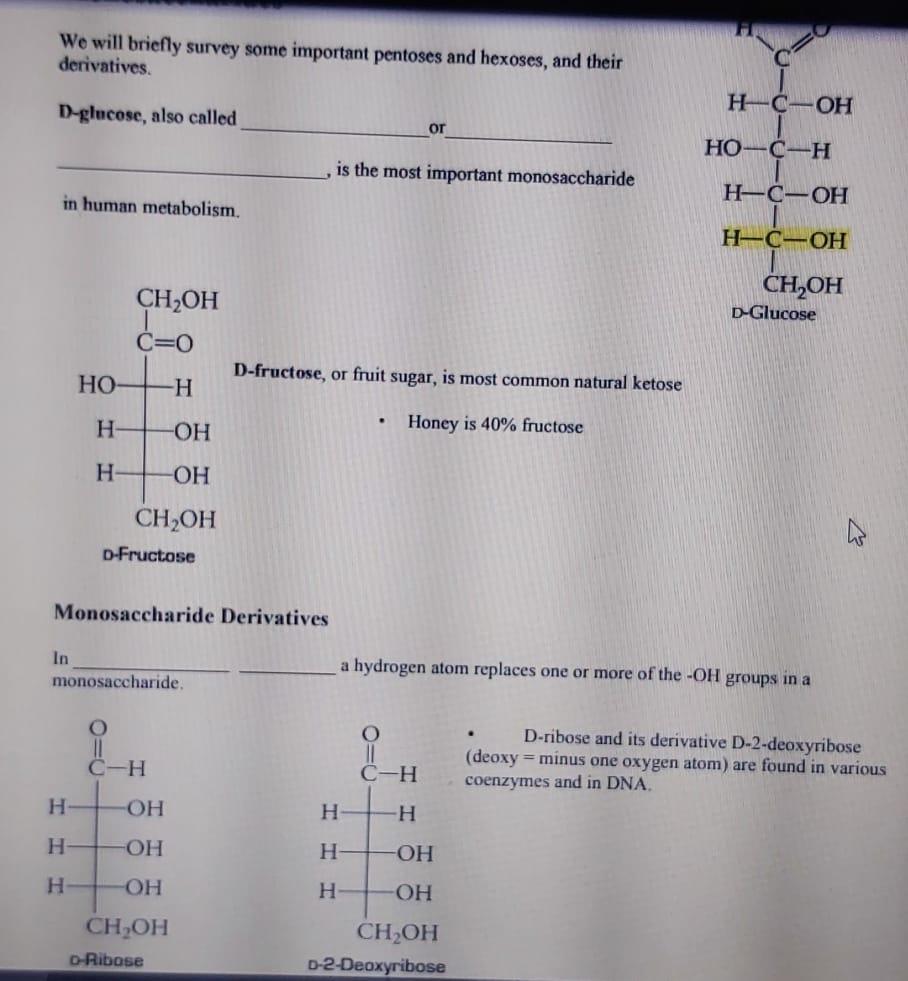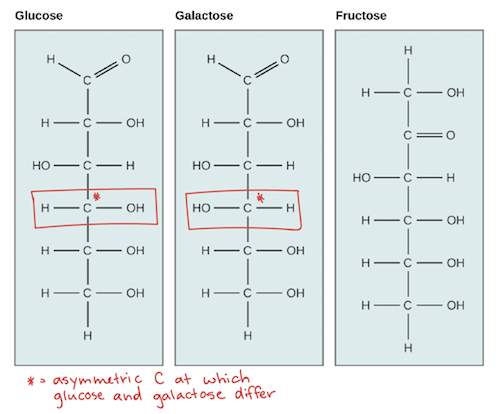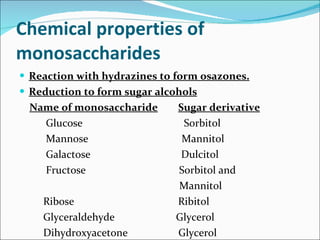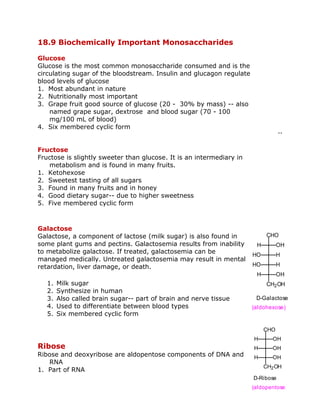Glucose is a monosaccharide, also known as a simple sugar, that plays a vital role in the body's energy production and metabolism. It is the primary source of energy for cells in the body and is essential for the proper functioning of organs and tissues.
One reason why glucose is so important is that it is the primary source of energy for the brain and nervous system. The brain relies on a constant supply of glucose to function properly, and even a small drop in blood sugar levels can lead to brain fog, confusion, and difficulty concentrating. In fact, glucose is often referred to as "brain fuel" because it is so essential for proper brain function.
Another reason why glucose is important is that it is necessary for the synthesis of ATP (adenosine triphosphate), which is the primary energy currency of the cell. ATP is formed through the process of cellular respiration, which occurs in the mitochondria of cells. During cellular respiration, glucose is broken down into pyruvate, which is then further broken down into ATP through a series of chemical reactions. ATP is then used by the cell to power a variety of cellular processes, including muscle contraction, nerve impulse transmission, and protein synthesis.
Glucose is also important for the regulation of blood sugar levels in the body. When we eat foods that contain carbohydrates, such as bread, pasta, and fruit, they are broken down into glucose in the body. This glucose is then absorbed into the bloodstream, causing a rise in blood sugar levels. The pancreas then releases the hormone insulin, which helps to regulate blood sugar levels by facilitating the uptake of glucose by cells.
Finally, glucose is important because it is a key component of the body's immune system. White blood cells, which are essential for fighting off infections and diseases, rely on glucose as their primary energy source. Without adequate glucose, the body's immune system can become compromised, making it more vulnerable to illness and disease.
In conclusion, glucose is the most important monosaccharide because it is essential for the proper functioning of the brain and nervous system, the synthesis of ATP, the regulation of blood sugar levels, and the body's immune system. It is a vital component of the body's energy production and metabolism, and without it, the body would be unable to function properly.
